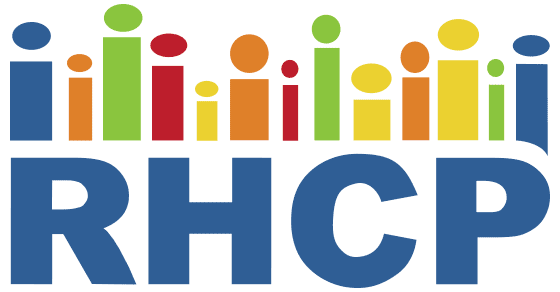Perceptions of Tuberculosis Among Immigrants and Refugees at an Adult Education Center: A Community-Based Participatory Research Approach
Journal of Immigrant Minority of Health Sept 2010
RHCP collaborated with the Hawthorne Education Center (HEC) in Rochester, Minnesota, to explore perceptions of tuberculosis (TB) among immigrant and refugee learners and staff. Using a community-based participatory research (CBPR) approach, the team conducted ten focus groups with 83 participants from diverse cultural backgrounds. The findings revealed widespread misconceptions about TB transmission, limited understanding of latent TB, and strong emotional responses such as fear, shame, and secrecy. These perceptions were shaped by past experiences in participants’ home countries and contributed to barriers in testing and treatment, including low awareness, stigma, and practical challenges like transportation and work conflicts. Despite these barriers, participants showed a growing openness to discussing TB, especially when education was delivered in trusted, culturally sensitive environments.
The project emphasized the importance of involving community members in the design and implementation of TB education programs. Recommendations included clarifying the difference between active and latent TB, addressing misconceptions, and linking education to accessible testing and treatment resources. The study also highlighted the potential of adult education centers like HEC as effective venues for TB prevention, particularly among foreign-born populations. Participants’ willingness to share personal experiences and engage in dialogue suggested a readiness to learn, which is a key factor in successful adult education. The CBPR approach fostered trust and empowered the community, reinforcing the value of collaborative, culturally informed public health interventions.
